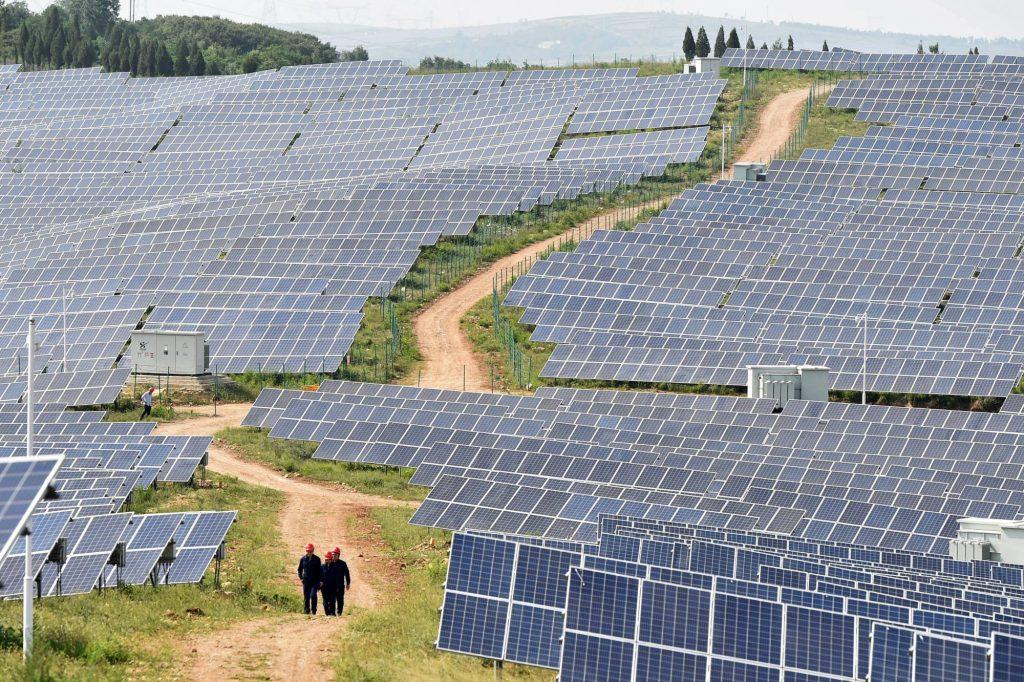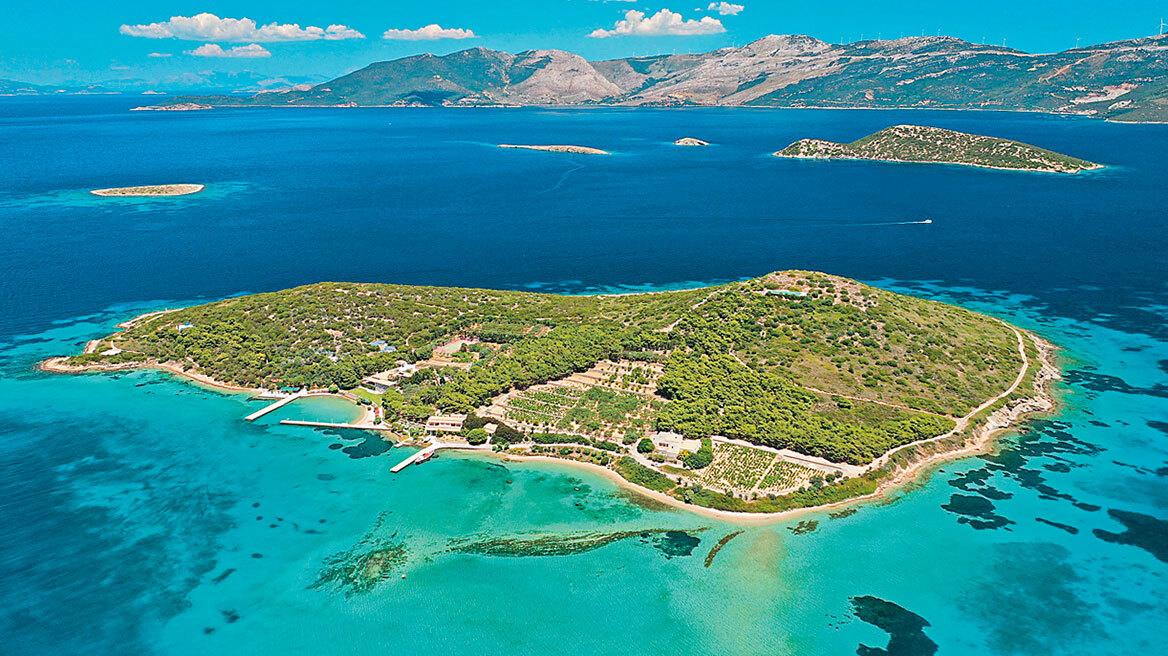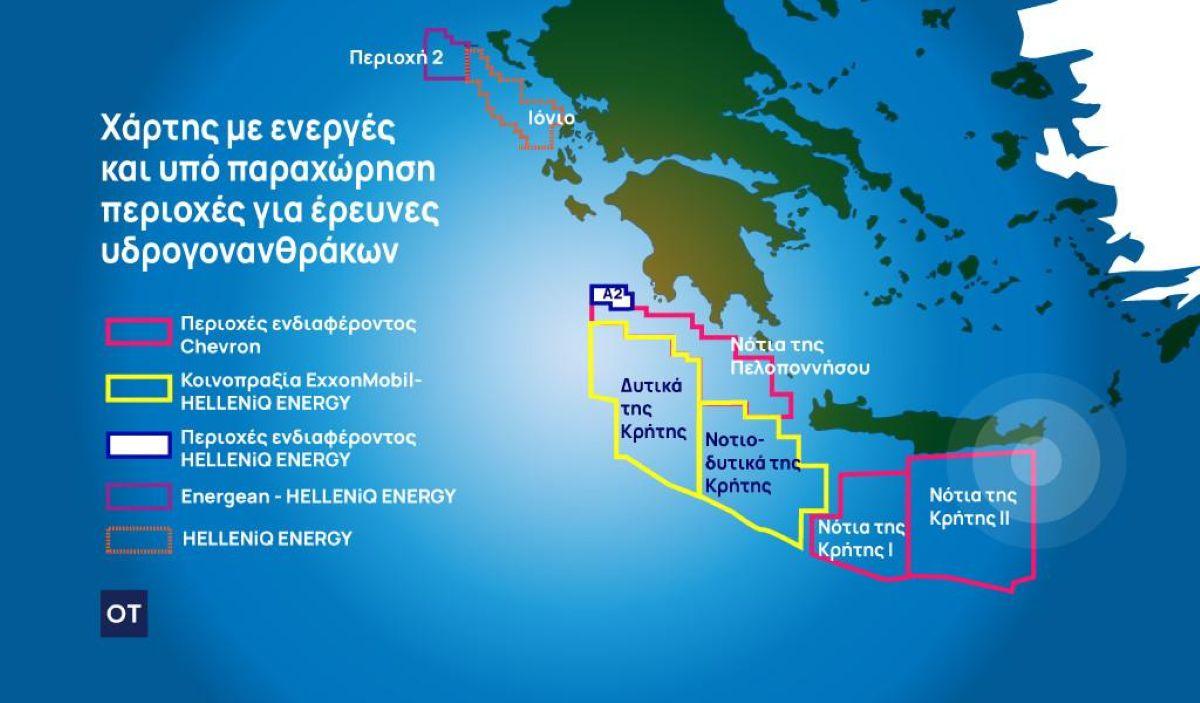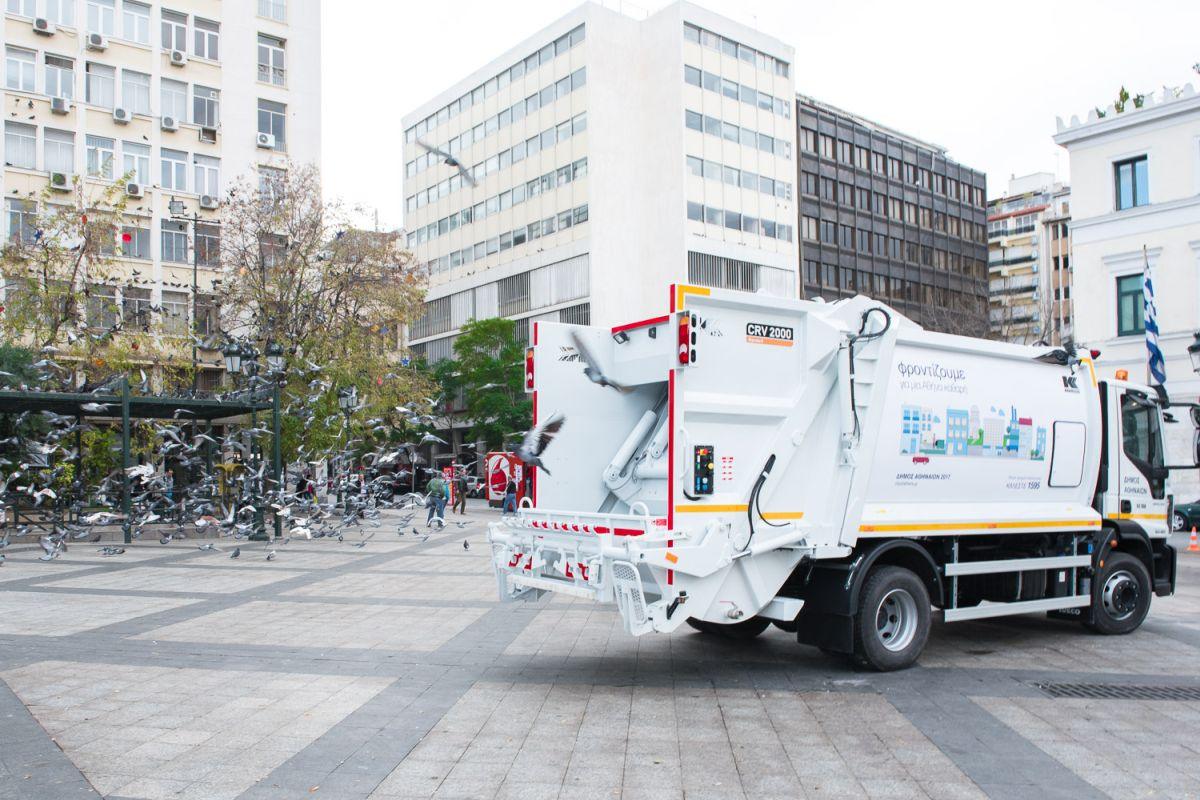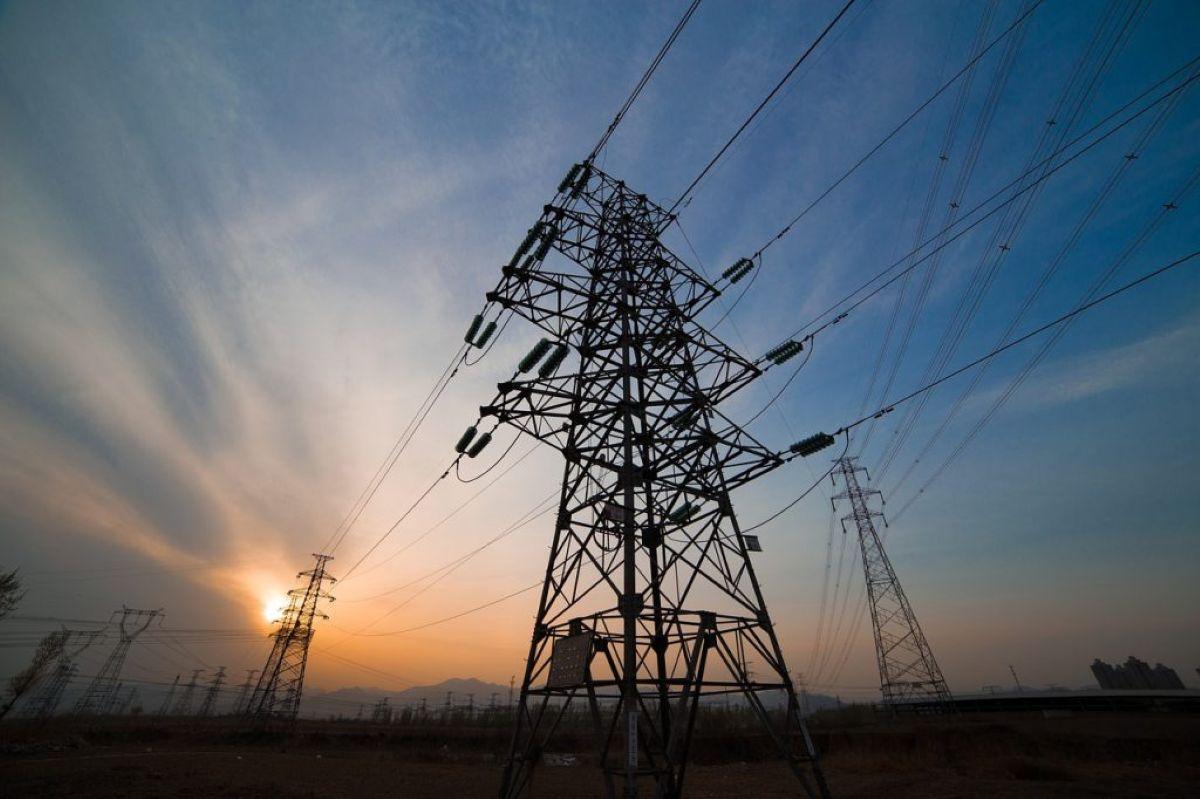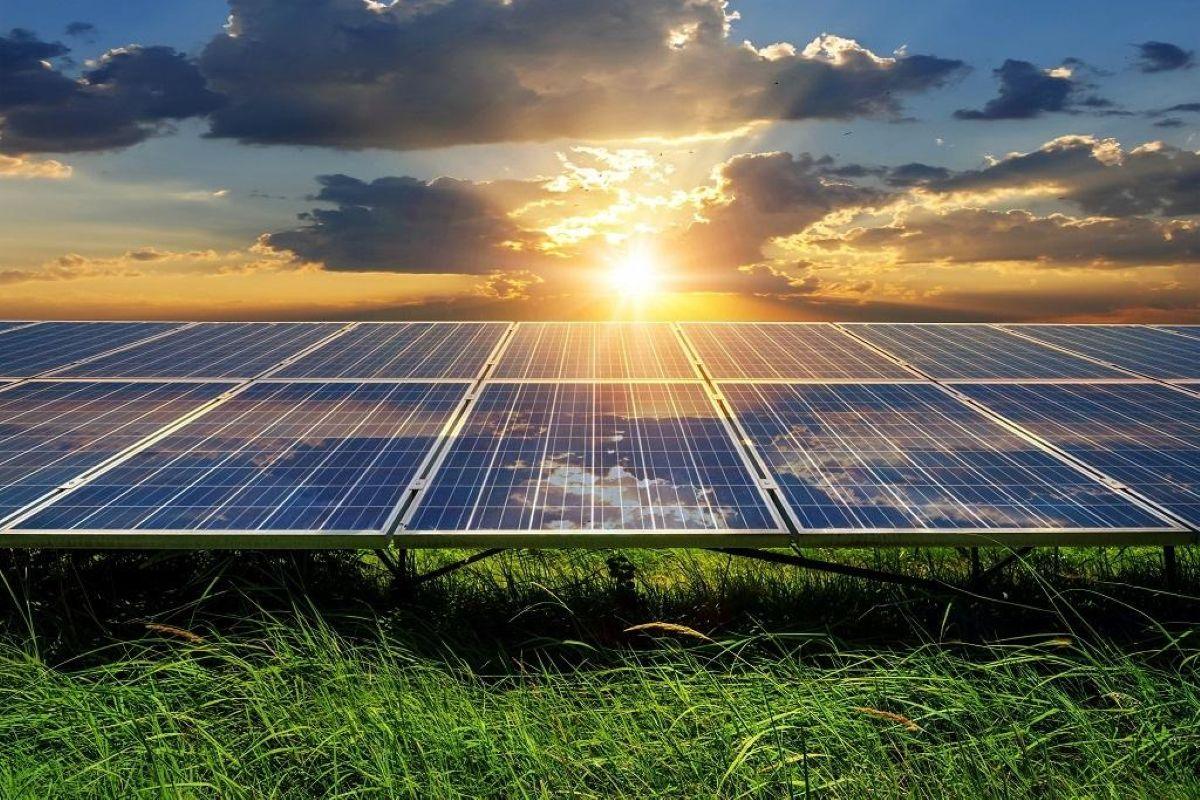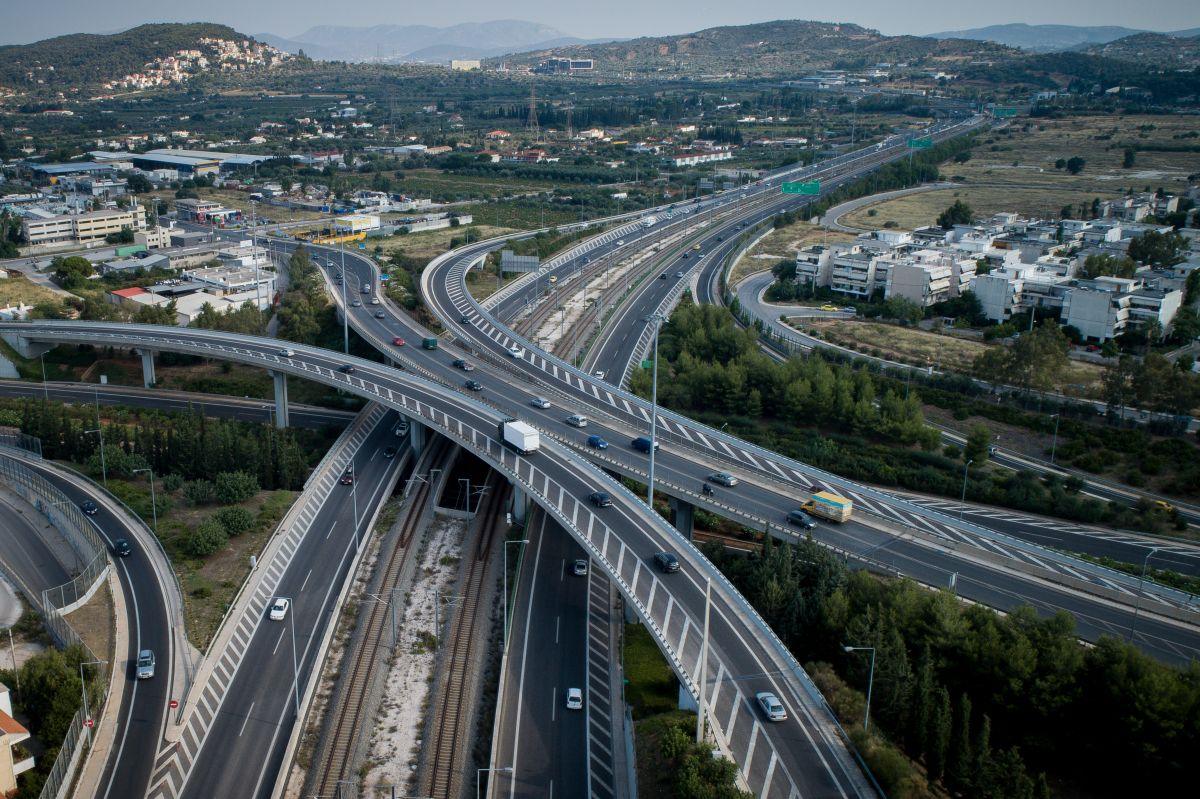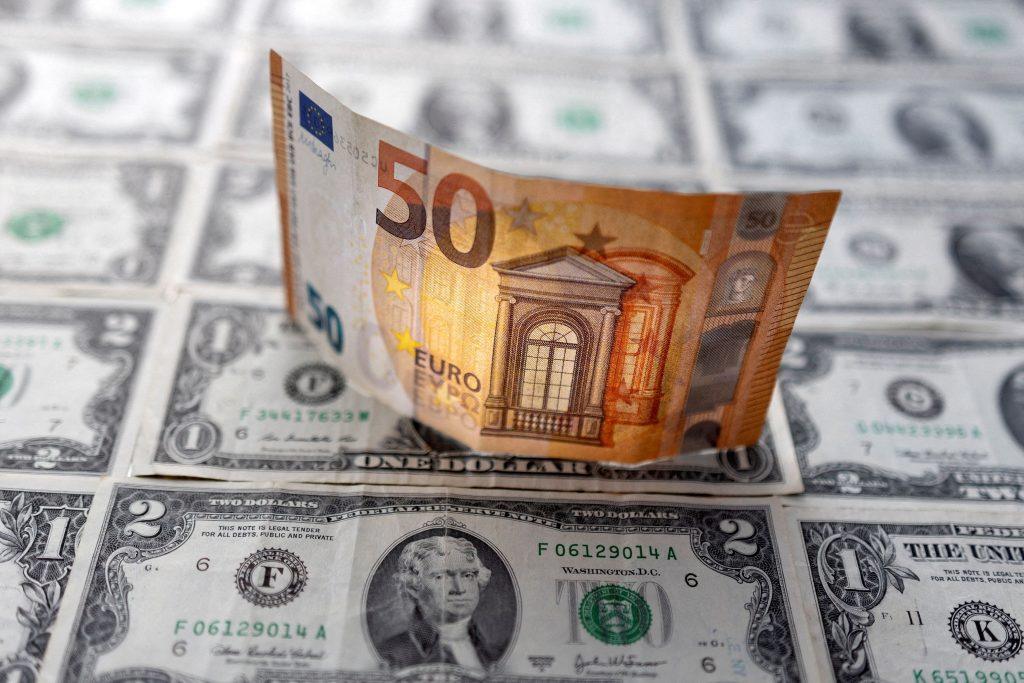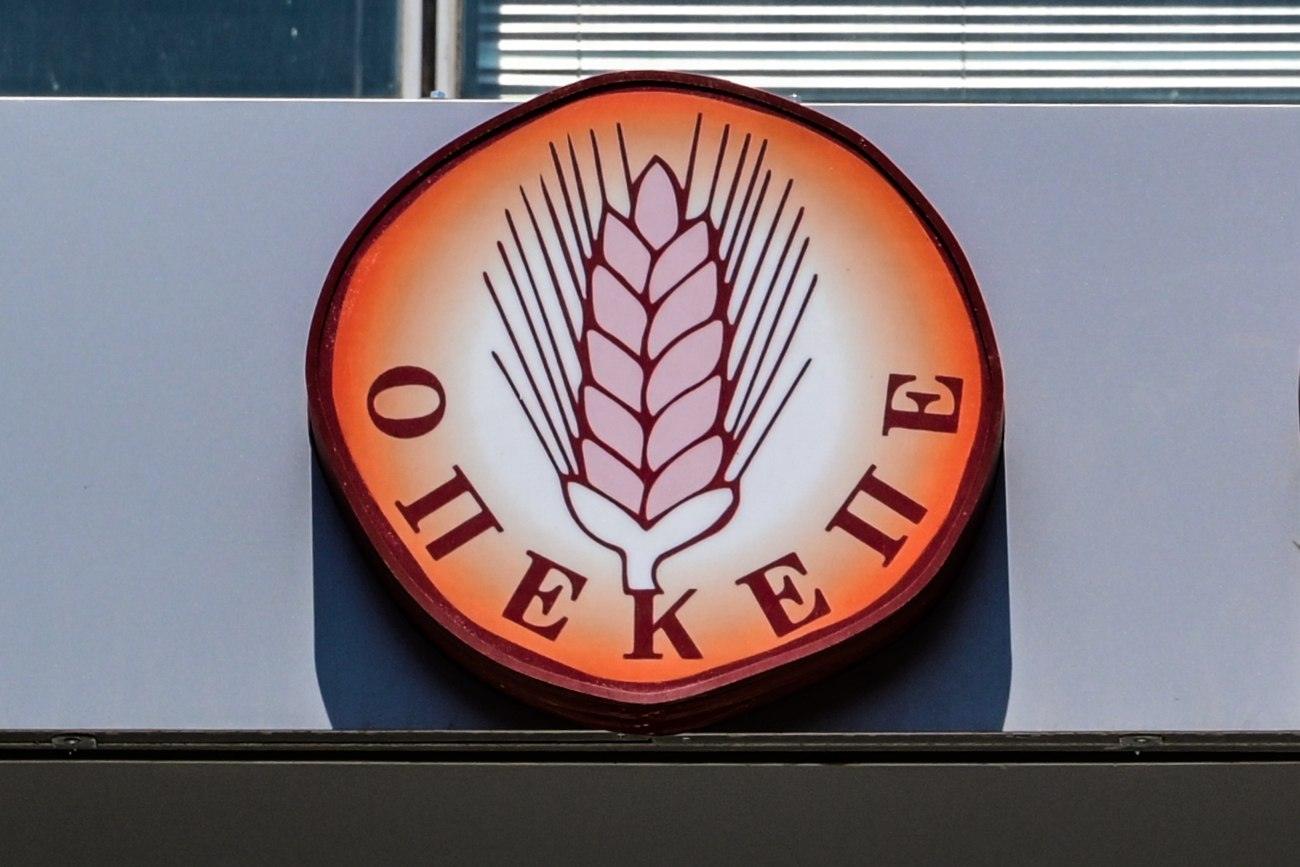The burden borne by Greek industries due to the energy crisis and the large increases in the prices of electricity and natural gas consumed for the operation of factories and the production of their products is enormous.
Revealing the magnitude of the effects that have been shouldered by Greek manufacturing companies are the data presented at an evening hosted by New Democracy party by the former president of the Hellenic Plastics Industry Association Dimitris Syrmos: “Energy prices show a minimum increase of 50% to 70%, while in small and medium business bills of 47,000 euros were handed out when a year ago that paid 19,000 euros. That is a rise of almost 150%.”
During the event organized late yesterday afternoon by the Secretariat of Productive Sectors of New Democracy on “energy costs and industry” the alarm bell from the effects of the energy crisis rang and the Deputy General Manager of SEV George Xirogiannis. It focused on energy costs, emphasizing the immediate need for short-term action and noting the 20% to 30% competitiveness deficit of Greek companies in relation to European industries. However, the report of Mr. Xirogiannis on the issues of energy adequacy also caused a sensation. Among the 10 issues he raised about the energy costs of industry, he pointed out: “Energy security is another topic for discussion that we need to discuss. Following the example of last winter and the current situation and the challenges and pressures facing electricity systems across Europe, Greece must discuss in time how to deal with the issue of adequacy and security of supply, especially for industry.”
Immediate solutions
The former president of SVPE during his speech emphasized the problems that have arisen for the Greek small and medium processing companies both in relation to the energy transition and the current energy crisis: “The decisions taken in the EU. they come suddenly and without taking into account the separate model of each country. The problem in Greece “, he continued,” increased as in electricity the cost is determined by the daily wholesale price, while in other countries closed bilateral contracts are concluded “.
He added: “The unfavorable environment for businesses is worsening more than the cost but also the shortages of raw materials and the large increase in fares in maritime transport.”
He called on the government to take immediate action. He proposed the legislative provision for rapid installation by photovoltaic park companies in rural areas so that with net metering they may offset the cost of electricity they produce with what they consume. He even asked for financial support from Community and other financial instruments.
The “ten commandments”
Ten issues of concern to industry in relation to energy were presented by the Deputy Director General of BSE, calling on the government to discuss their resolution.
According to Mr. Xirogiannis, these are:
1. Rationalization of the structure of energy costs is required. As he said, we need to look at issues such as SGIs, distribution costs and energy taxation.
2. Rapid institutional adjustments for RES licensing, bilateral contracts and energy storage. “The interventions are in the right direction but their success will be judged by the times of their approval and implementation”, noted the deputy general director of SEV.
3. Accelerate investment in energy. According to him, the coming years are crucial for the development of infrastructure and networks. “Let’s discuss how consumers will not face unpredictable price increases and industry will not be led to an inability to predict production costs.”
4. Network interfaces.
5. “For the energy transition, we are in favor as the SEV body, but we must see and discuss the conditions for a smooth transition. To forestall negative harbingers of the green transition. Despite the obvious benefits of this transition, there are also difficulties. So what needs to be clearer is how the extra costs are shared and we need to discuss how we can prevent the risk of the energy crisis not reversing the progress of the energy transition,” said Mr Xirogiannis.
6. The issue of energy security is the sixth issue, as mentioned above, raised by the SEV representative.
7. The role of natural gas in the energy transition.
8. «Fit for 55». Regarding the recent package of measures of the Commission, Mr. Xirogiannis said that “we talk a lot about what is to come but not about the effects on economic activities”.
9. The CBAM mechanism (compensation of carbon emissions for products produced outside the EU and imported into the EU) According to the SEV official “Greece is among the countries with large trade flows outside the EU. So SEV is very interested in what effects the mechanism will have. Are we sure that it will not bring difficulties to the Greek industry as it is being proposed today?” he wondered.
10. The introduction of innovative forms of energy in Greece such as “clean” gases. “We also want measures for transformations in the industry for the reception of new gases. Today, neither the industry, nor transport nor the distribution networks are suitable to burn clean fuels”, stressed Mr. Xirogiannis.
Illegal state aid
For his part, the Minister of Environment and Energy, Costas Skrekas, in his speech at the New Democracy event, reiterated the measures taken by the government to address energy costs in households and businesses.
He stressed the decision to suspend the payment of SGIs for medium and low voltage industries for five months, leaving open the possibility of not imposing them retroactively, when the energy crisis is over.
However, he stressed that “we can not do many things as if we go to state aid we risk being judged by the EU as being illegal “.
“Green” industrial parks
The Secretary General of Industry of the Ministry of Development and Investment also spoke at the same event. Themis Eftychidou announced that the elaboration of the National Strategy for Industry is in progress.
She stressed the need to implement measures that will combine security of energy supply and access to energy resources at affordable prices.
Among the interventions launched by the government, according to Ms. Eftychidou, is the granting of state aid of 100 million euros for the creation of “green” industrial parks where the companies that will be relocated will use RES, while rational management projects will be developed for water resources and waste.
The end of the energy crisis
Finally, from yesterday’s ND event, the position of Energy Regulatory Authority RAE president Athanasios Dagoumas stood out.
According to the professor, gas prices will escalate to 40 euros per megawatt hour in April 2022, while after a year they will fall to 30 euros.
He also spoke about the change in the methodology of charges for the use of the distribution network and the electricity transmission system launched by RAE with positive effects on the energy costs of businesses.
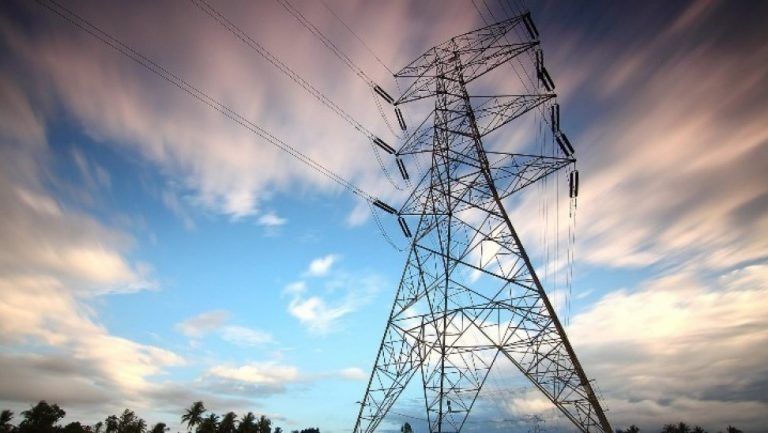
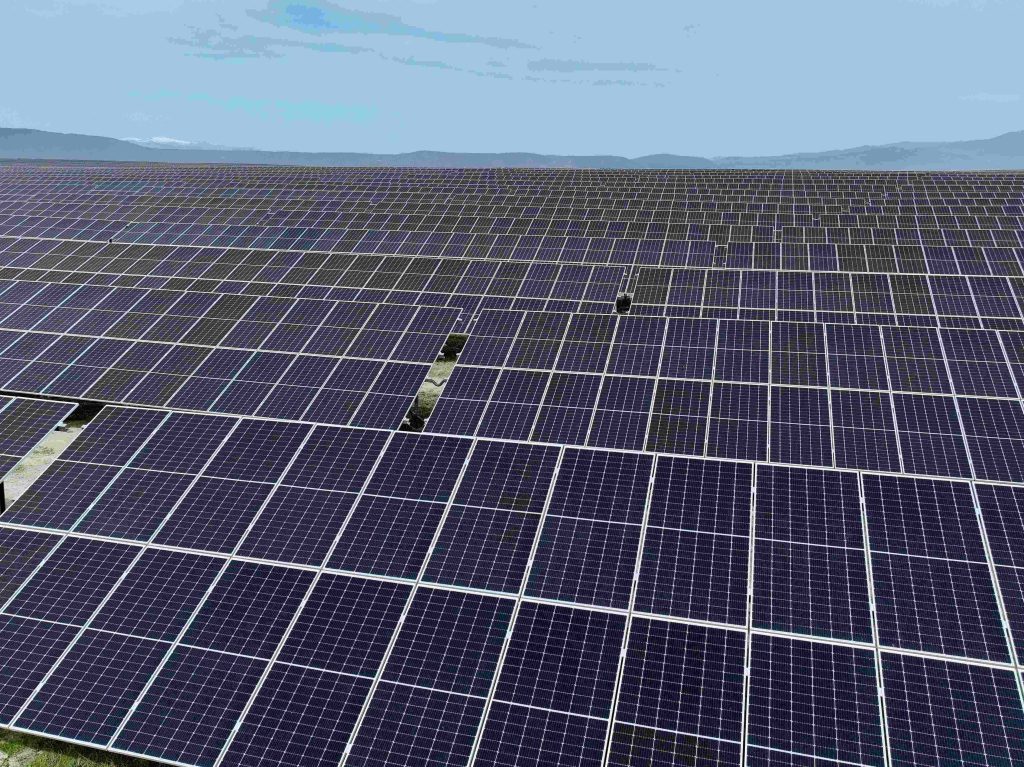

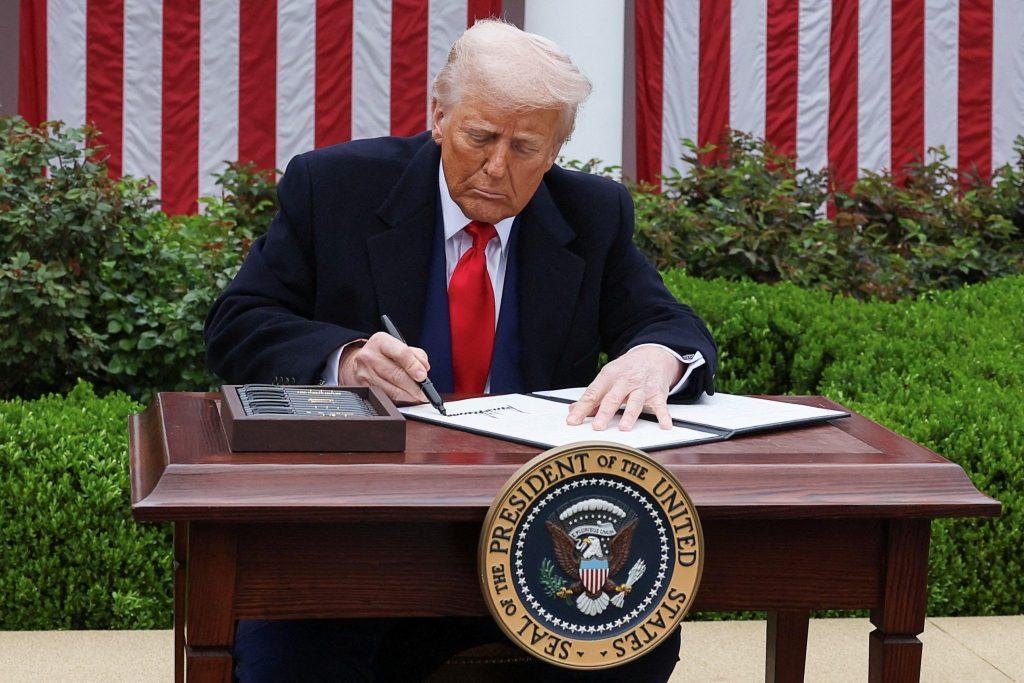


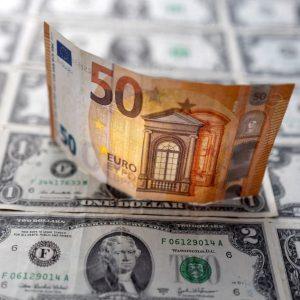


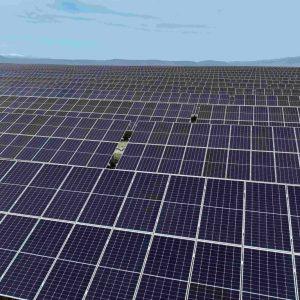


![Δασμοί: Οι εμπορικές συνομιλίες ΕΕ-ΗΠΑ για τους δασμούς στα αυτοκίνητα [γραφήματα]](https://www.ot.gr/wp-content/uploads/2025/07/tofas.jpg)
![Τεχνητή νοημοσύνη: Η ζήτηση ενέργειας αυξάνει τις εκπομπές CO2 [γράφημα]](https://www.ot.gr/wp-content/uploads/2025/02/data-center.jpg)
![Χρυσές λίρες: Πουλάνε μαζικά οι Έλληνες το εξάμηνο του 2025 [γράφημα]](https://www.ot.gr/wp-content/uploads/2025/07/photo_2025-07-04_13-01-06.jpg)
